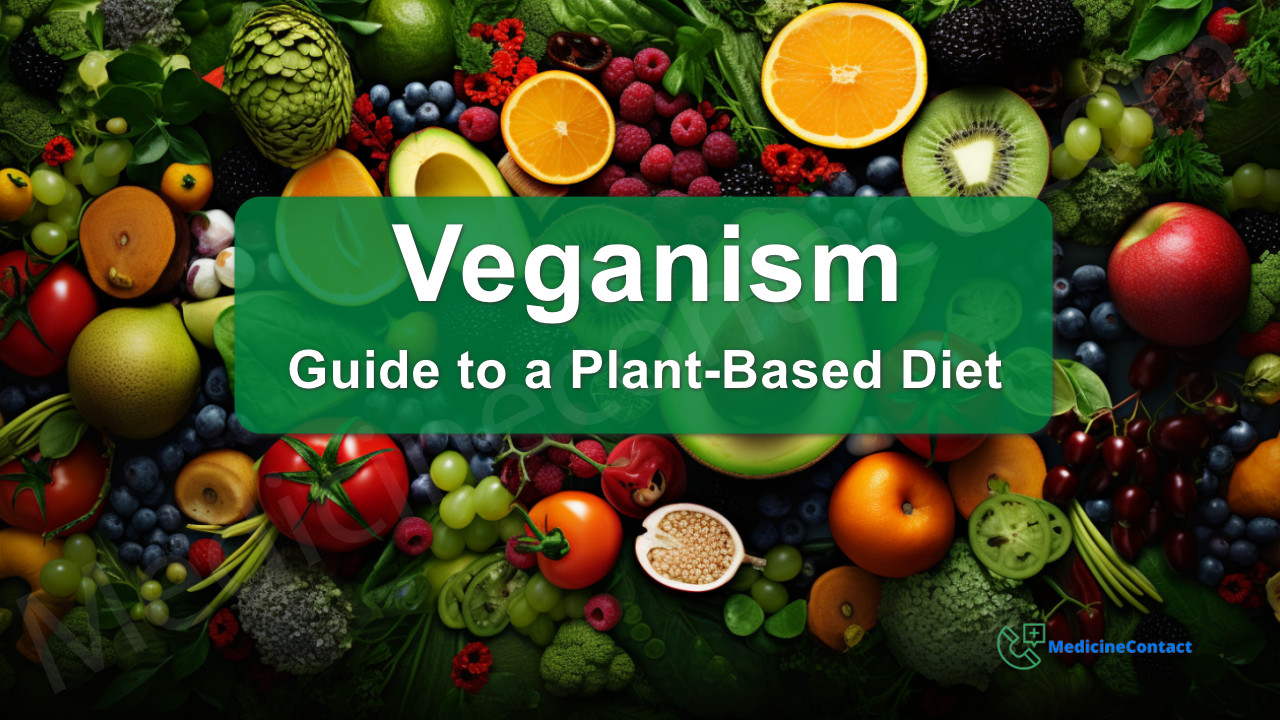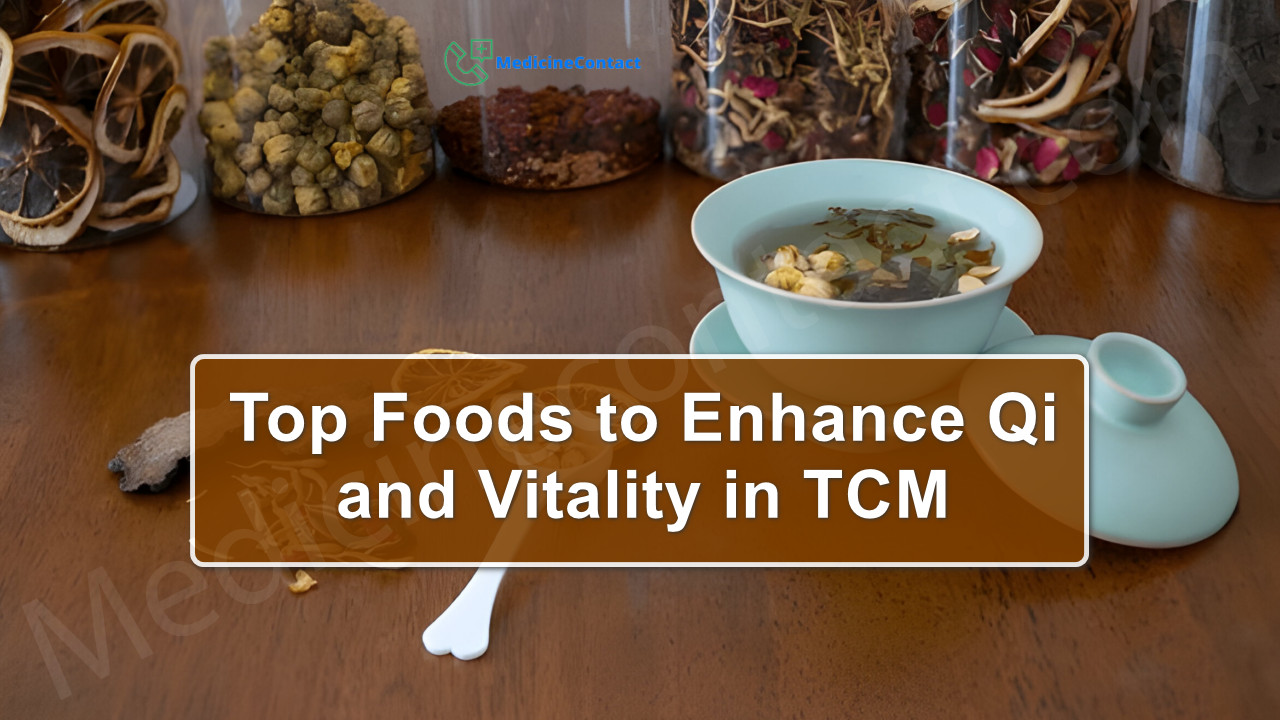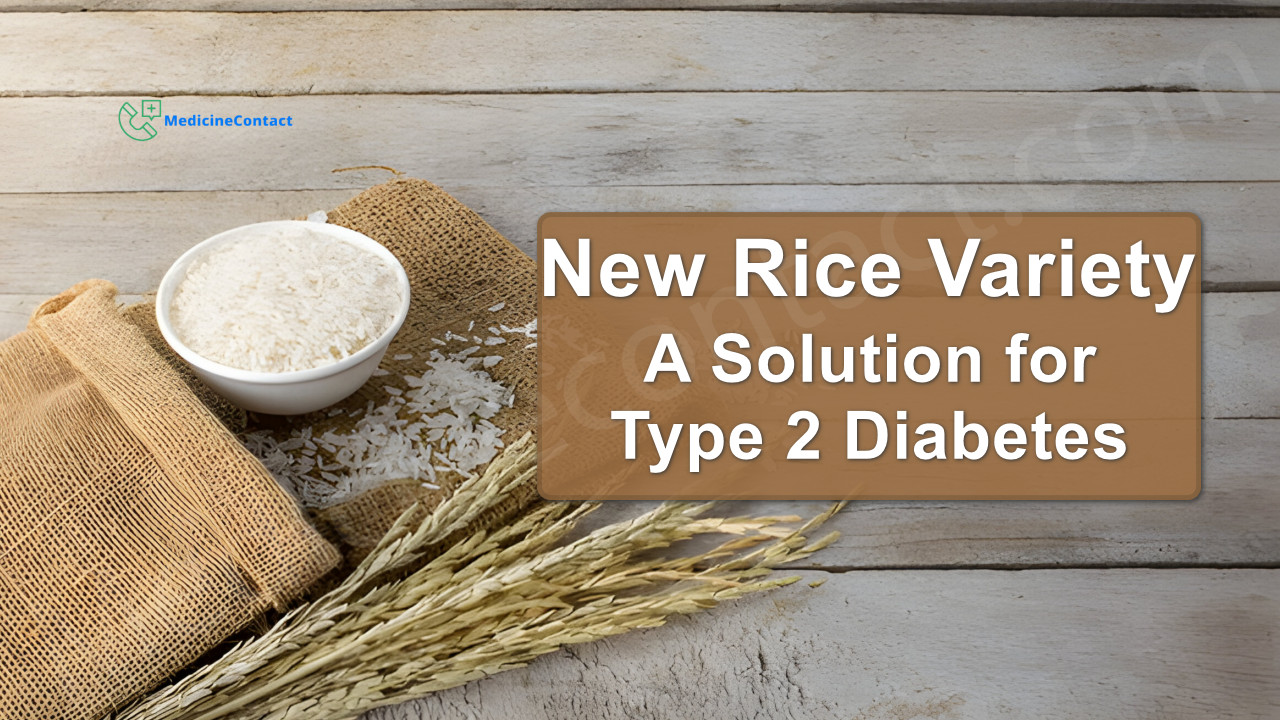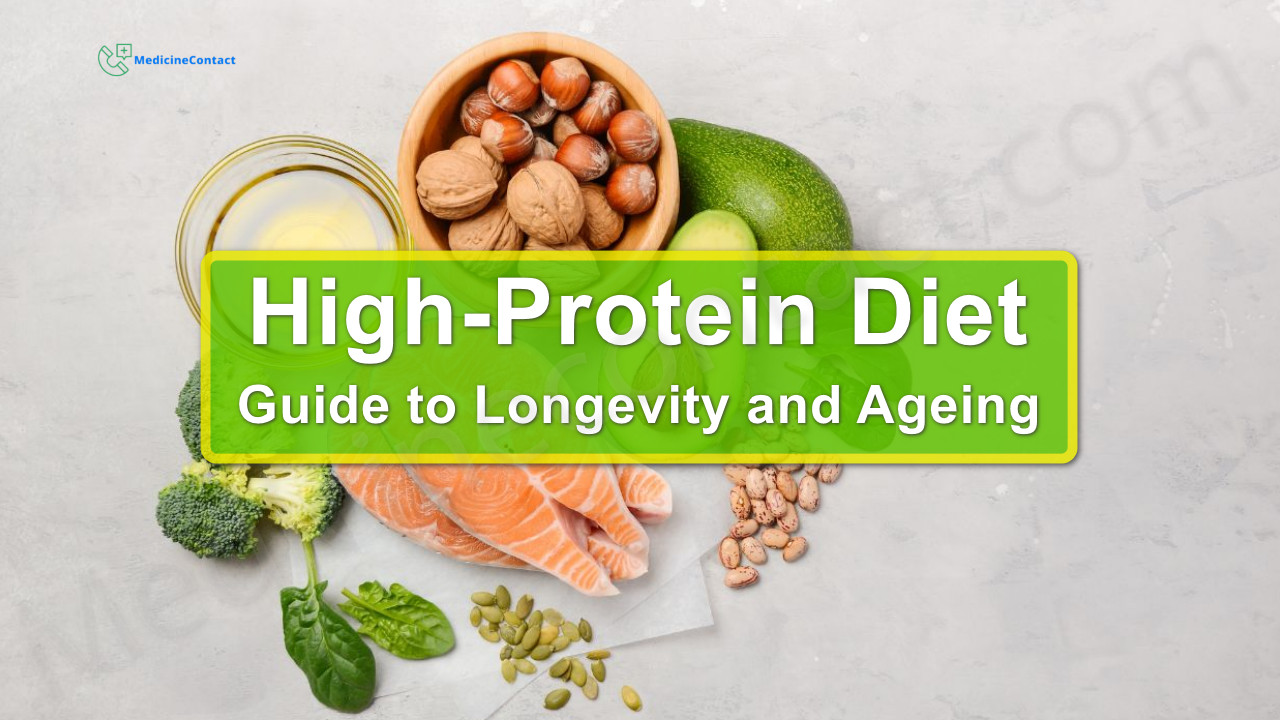
Introduction
Imagine a world where your diet not only fuels your body but also contributes to the well-being of the planet and its inhabitants. This is the essence of veganism and a plant-based diet.
What is Veganism and a Plant-Based Diet?
Veganism is a dietary lifestyle that excludes all animal products, including meat, dairy, eggs, and honey. Instead, it focuses on plant foods such as fruits, vegetables, legumes, grains, nuts, and seeds. A plant-based diet emphasizes whole foods and minimizes processed items, making it a holistic approach to nutrition.
Why Should You Consider Going Plant-Based?
Adopting a plant-based lifestyle offers numerous benefits:
- Health: Reduced risk of chronic diseases like heart disease and type 2 diabetes.
- Environment: Lower greenhouse gas emissions from reduced animal farming.
- Animal Welfare: Prevention of animal cruelty by eliminating demand for animal products.
What Can You Expect from This Article?
In this article, you will discover:
- Key principles distinguishing veganism from general plant-based diets.
- Components of a healthy vegan diet.
- Health benefits supported by scientific evidence.
- Strategies to overcome common challenges faced by new vegans.
- Delicious recipes and practical tips for sustainable eating.
Let's dive into the world of veganism and explore how it can transform your life and the planet.
Understanding Veganism and Plant-Based Diets
What is Veganism?
Veganism is a dietary and lifestyle choice that excludes all forms of animal exploitation and cruelty, whether for food, clothing, or other purposes. This means vegans avoid consuming meat, dairy, eggs, and even honey. The core principles of veganism extend beyond dietary choices to embrace animal welfare and environmental sustainability.
Plant-Based Diet vs. Vegan
While the terms "vegan" and "plant-based" are often used interchangeably, they carry distinct meanings:
- Vegan Diet: Strictly avoids all animal products in adherence to ethical beliefs about animal rights and environmental conservation.
- Plant-Based Diet: Focuses primarily on foods derived from plants. Though it heavily emphasizes plant consumption, it doesn’t necessarily exclude all animal products. Individuals may choose this diet for health benefits without fully committing to vegan principles.
Understanding these differences helps in making informed dietary decisions tailored to personal values and nutritional needs.
The Components of a Healthy Vegan Diet
Essential Food Groups in a Vegan Diet for Optimal Nutrition
A whole-food plant-based diet emphasizes a variety of food groups to ensure balanced nutrition. Key components include:
- Fruits and Vegetables: Aim for at least five portions daily to provide essential vitamins, minerals, and fiber.
- Starchy Carbohydrates: Incorporate whole grains like brown rice, quinoa, and oats for sustained energy.
- Proteins: Source protein from beans, lentils, chickpeas, nuts, seeds, and soy products like tofu and tempeh.
- Healthy Fats: Include avocados, olive oil, flaxseeds, and chia seeds for essential fatty acids.
Importance of Whole Foods Versus Processed Foods
Prioritizing whole foods over processed items is crucial in a healthy vegan diet. Whole foods are minimally processed and closer to their natural state. They offer higher nutritional value and fewer additives compared to processed foods. For example:
- Choose fresh fruits over fruit juices or dried fruits with added sugars.
- Opt for whole grains instead of refined grains like white bread or pasta.
- Select natural nut butters without added oils or sugars.
Key Nutrients to Focus On
Maintaining adequate levels of certain nutrients can be challenging in a vegan diet but is vital for preventing deficiencies:
Calcium
Integral for bone health. Sources include green leafy vegetables (broccoli and kale), fortified plant milks, tofu made with calcium sulfate, and sesame seeds.
"Calcium absorption can be enhanced by avoiding excessive intake of oxalate-rich foods like spinach."
Vitamin D
Important for calcium absorption. Primarily obtained from sunlight exposure or fortified foods. Supplements may be necessary in regions with limited sunlight.
Iron
Essential for red blood cell production. Plant-based sources include pulses (lentils and beans), whole grains, dark green vegetables, nuts, and dried fruits.
"Combining iron-rich foods with vitamin C sources like citrus fruits can enhance non-heme iron absorption."
Vitamin B12
Crucial for nerve function and DNA synthesis. Typically found in fortified foods or supplements as it is not naturally present in plant foods.
"Regular intake of vitamin B12-fortified cereals or plant milks can help meet daily requirements."
Ensuring these nutrients are adequately represented in your diet helps maintain optimal health while enjoying the benefits of vegan diet meals.
Health Benefits of a Vegan Diet
Overview of Health Benefits
Adopting a vegan diet offers numerous health advantages, including weight management and improved digestion. The emphasis on whole foods such as fruits, vegetables, legumes, and grains provides a high fiber intake that aids in maintaining a healthy weight by promoting satiety and reducing overall calorie consumption. Additionally, the abundance of dietary fiber supports a healthy digestive system, preventing constipation and promoting regular bowel movements.
Supporting Evidence from Studies
Several studies underscore the health benefits associated with veganism. The documentary Forks Over Knives highlights research suggesting that plant-based diets can prevent and even reverse chronic diseases. Similarly, The China Study, one of the most comprehensive studies on nutrition ever conducted, reveals significant correlations between animal-based food consumption and various chronic illnesses.
Impact on Chronic Diseases
A vegan diet has been shown to have a profound impact on chronic diseases:
- Heart Disease: A plant-based diet is rich in antioxidants, fiber, and healthy fats from sources like nuts and seeds. These nutrients contribute to lower cholesterol levels and reduced blood pressure, decreasing the risk of heart disease.
- Type 2 Diabetes: Research indicates that vegans have lower blood sugar levels and improved insulin sensitivity compared to non-vegans. The high fiber content in plant foods slows down sugar absorption, helping to manage blood glucose levels effectively.
- Other Chronic Conditions: Beyond heart disease and diabetes, vegan diets have been linked to lower risks of certain cancers (e.g., colon cancer) due to the high intake of protective phytonutrients found in plants.
By focusing on nutrient-dense foods and minimizing processed items, individuals following a vegan diet can enjoy these substantial health benefits while contributing positively to their overall well-being.
Exploring Nutritional Considerations in a Vegan Diet
Importance of Protein in a Well-Balanced Vegan Diet
Protein is essential for maintaining muscles, repairing tissues, and keeping you full. If you're on a vegan diet, getting enough protein is crucial to staying energized and healthy. A varied vegan diet with different protein sources can meet these needs effectively.
Sources of Plant-Based Proteins
Including different plant-based proteins in your meals and snacks is easy. Here are some great choices:
- Legumes: Beans, lentils, chickpeas
- Nuts and Seeds: Almonds, chia seeds, flaxseeds
- Whole Grains: Quinoa, brown rice, oats
- Soy Products: Tofu, tempeh, edamame
You can use these ingredients creatively in salads, soups, stir-fries, and even desserts to boost the protein content of your diet.
Recommendations for Protein Supplementation
While whole foods should be the main source of nutrients, supplements can help if you're finding it hard to get enough protein from your diet alone.
1. Plant-Based Protein Bars
These bars are convenient and portable, making it easy to increase your protein intake while on the move.
Example: Choose bars with minimal added sugars and high-quality ingredients.
2. Vegan Plant-Based Protein Powder
This is perfect for adding to smoothies or baking recipes to effortlessly increase protein content.
Example: Look for powders made from peas, hemp, or brown rice for a balanced amino acid profile.
Using these supplements wisely can help fill any nutritional gaps while keeping your vegan diet diverse and enjoyable.
Challenges of Adopting a Vegan Diet
Adopting a vegan diet can present various challenges, particularly for those new to this lifestyle. Recognizing and addressing these issues is crucial for maintaining a balanced and enjoyable vegan diet.
Common Challenges
1. Potential Nutrient Deficiencies
- Vitamin B12: Exclusively found in animal products, making it essential for vegans to seek fortified foods or supplements.
- Iron: Non-heme iron from plant sources is less readily absorbed by the body. Vegans should combine iron-rich foods with vitamin C sources to enhance absorption.
- Calcium & Vitamin D: Often obtained from dairy products, these nutrients require attention through fortified plant milks or supplements.
- Omega-3 Fatty Acids: Typically sourced from fish, vegans need to include flaxseeds, chia seeds, and walnuts in their diet.
- Other Important Nutrients: There are several other nutrients that may be challenging to obtain on a vegan diet, but with careful planning and knowledge, they can be included.
2. Limited Food Options in Certain Areas or Cultures
- Some regions may have fewer plant-based options available in grocery stores and restaurants.
- Cultural dietary staples might be challenging to replace with vegan alternatives.
Strategies for Overcoming Challenges
1. Meal Planning
- Diverse Meal Plans: Create varied weekly menus that incorporate a range of fruits, vegetables, grains, and protein sources.
- Batch Cooking & Freezing: Prepare meals in advance to ensure convenient access to nutritious food throughout the week.
2. Supplements
- Consider incorporating supplements for critical nutrients such as vitamin B12, vitamin D, and omega-3 fatty acids.
- Use fortified foods like cereals, plant-based milks, and nutritional yeast to help meet nutrient needs.
3. Exploring Global Cuisines
- Tap into the rich array of international plant-based dishes to keep your meals exciting and flavorful.
- Experiment with spices and seasonings common in different cultures to enhance the taste without relying on animal products.
By addressing these common challenges through thoughtful planning and diverse food choices, transitioning to a vegan diet can be both manageable and rewarding.
Environmental Impact of Veganism: A Sustainable Choice for Our Planet
Factory farming significantly contributes to climate change through the emission of greenhouse gases such as methane, nitrous oxide, and carbon dioxide. Livestock production alone is responsible for a substantial portion of these emissions. According to the Food and Agriculture Organization (FAO), livestock accounts for approximately 14.5% of global greenhouse gas emissions, with cattle being the largest single source.
Benefits of Reducing Animal Product Consumption
Adopting a vegan or plant-based diet can play a crucial role in mitigating these environmental impacts:
- Reduction in Greenhouse Gas Emissions: Shifting away from animal-based products reduces the demand for livestock, subsequently decreasing methane and nitrous oxide emissions.
- Conservation of Water Resources: Animal agriculture requires significant water usage, from irrigation for feed crops to water consumed by livestock. Plant-based diets typically have a lower water footprint.
- Land Use Efficiency: Producing plant-based foods generally requires less land compared to meat and dairy production. This efficiency helps preserve natural habitats and reduce deforestation.
Practical Tips for Sustainable Eating Habits
Embracing a vegan lifestyle doesn't mean compromising on food variety or satisfaction. Here are some practical tips to adopt sustainable eating habits seamlessly:
- Explore Seasonal Produce: Eating fruits and vegetables that are in season can reduce the environmental impact associated with transportation and storage.
- Support Local Farmers: Purchasing from local farmers' markets not only supports the community but also minimizes the carbon footprint linked to food miles.
- Incorporate Plant-Based Proteins: Beans, legumes, nuts, and seeds are excellent protein sources. Incorporating these into your diet can be both nutritious and environmentally friendly.
- Minimize Food Waste: Planning meals ahead of time and using leftovers creatively can help reduce waste. Composting organic waste is another sustainable practice.
Ethical Considerations
Beyond environmental benefits, veganism promotes animal welfare by reducing reliance on factory farming practices that often involve poor living conditions and treatment of animals. Choosing plant-based options aligns with ethical considerations for many individuals who prioritize compassionate living.
Adopting a plant-based diet contributes positively to personal health while supporting global sustainability efforts.
Delicious Vegan Diet Recipes to Try at Home
Trying out vegan diet recipes can be a fun cooking adventure. Here are some simple yet tasty recipes that even non-vegans will enjoy.
Breakfast: Vegan Overnight Oats
Ingredients:
- 1 cup rolled oats
- 1 cup almond milk (or any plant-based milk)
- 1 tbsp chia seeds
- 1 tbsp maple syrup
- Fresh fruits for topping (berries, banana slices)
Instructions:
- In a mason jar or bowl, combine oats, almond milk, chia seeds, and maple syrup.
- Stir well and refrigerate overnight.
- Top with fresh fruits in the morning before serving.
Lunch: Chickpea Salad Sandwich
Ingredients:
- 1 can chickpeas, drained and mashed
- 2 tbsp vegan mayo
- 1 tbsp Dijon mustard
- Chopped celery and red onion
- Salt and pepper to taste
- Whole wheat bread or wraps
Instructions:
- Combine mashed chickpeas, vegan mayo, Dijon mustard, celery, and red onion in a bowl.
- Season with salt and pepper.
- Spread on whole wheat bread or wraps for a hearty sandwich.
Dinner: Sweet Potato & Black Bean Tacos
For a delightful twist on the traditional taco, try these Sweet Potato & Black Bean Tacos.
Ingredients:
- Sweet potatoes, peeled and diced
- Black beans (canned or cooked)
- Olive oil, cumin, chili powder
- Corn tortillas
Instructions:
- Toss sweet potato cubes with olive oil, cumin, and chili powder; roast until tender.
- Warm black beans in a pan.
- Layer roasted sweet potatoes and black beans on corn tortillas.
Snack: Hummus & Veggie Sticks
Ingredients:
- Carrots, cucumber, bell peppers (sliced into sticks)
- Store-bought or homemade hummus
Instructions:
Arrange veggie sticks on a plate with a side of hummus for dipping.
Meal Prepping Tips
For those with busy schedules:
- Batch Cooking: Prepare large quantities of grains like quinoa or rice at the beginning of the week.
- Pre-Chopping Vegetables: Store them in airtight containers for quick access.
- Mix-and-Match Ingredients: Create versatile meals by mixing different combinations of pre-prepared ingredients.
These recipes provide a great starting point for enjoying a variety of flavors while sticking to a vegan diet. They demonstrate how simple ingredients can be transformed into delicious meals without much effort.
For those who are gluten intolerant but still want to enjoy delicious meals, consider trying out some gluten-free recipes as part of your meal prep strategy!
Comparing Different Dietary Approaches within the Plant-Based Spectrum
The plant-based spectrum offers a variety of dietary approaches, catering to different needs and preferences. Among these, the low-carb vegan diet and traditional vegan diet stand out.
Low-Carb Vegan Diet
A low-carb vegan diet emphasizes reducing carbohydrate intake while focusing on high-protein and high-fat plant foods. Common components include:
- Non-starchy vegetables: Such as leafy greens, broccoli, and cauliflower.
- Nuts and seeds: Almonds, chia seeds, flaxseeds.
- Legumes: Lentils and chickpeas in moderation.
- Healthy fats: Avocados, olive oil, coconut oil.
Pros:
- Weight loss: Can be effective for those aiming to shed pounds due to reduced caloric intake.
- Blood sugar control: Beneficial for individuals with type 2 diabetes or insulin resistance.
Cons:
- Nutrient balance: May lead to deficiencies in essential nutrients like fiber if not carefully planned.
- Sustainability: Some find it challenging to maintain due to restricted food choices.
Traditional Vegan Diet
This approach includes a wide array of plant-based foods, emphasizing whole grains, legumes, fruits, and vegetables. It typically consists of:
- Whole grains: Brown rice, quinoa, oats.
- Fruits & vegetables: Aiming for a colorful variety daily.
- Legumes and pulses: Beans, lentils, peas.
Pros:
- Nutrient-dense: Provides a broad spectrum of vitamins and minerals essential for overall health.
- Versatility: Offers a wider range of food options making it easier to adhere to long-term.
Cons:
- Caloric density: Potentially higher in calories which may require portion control for weight management.
Choosing the Right Approach
Selecting between a low-carb vegan diet and a traditional vegan diet hinges on individual goals and lifestyle preferences. Consider:
- Health objectives: Weight management vs. nutrient diversity.
- Personal tastes: Preference for varied foods vs. specific high-protein options.
- Sustainability: Ability to maintain long-term without feeling restricted.
Balancing personal needs without falling into restrictive patterns is key. Both dietary approaches can be beneficial when well-planned, ensuring all nutritional requirements are met efficiently.
Conclusion: Embracing the Power of Plants for Your Health & The Planet's Well-being!
Throughout this article, we've explored various aspects of veganism and a plant-based diet, emphasizing their benefits for both personal health and the environment. Adopting a vegan lifestyle is rooted in principles that prioritize animal welfare, environmental sustainability, and improved well-being.
Key practical applications include:
- Incorporating Whole Foods: Prioritizing fruits, vegetables, legumes, grains, nuts, and seeds into your meals.
- Focusing on Essential Nutrients: Ensuring adequate intake of calcium, vitamin D, iron, and vitamin B12 through fortified foods or supplements.
- Exploring Plant-Based Proteins: Utilizing sources like beans, pulses, nuts, and seeds to meet protein needs.
- Experimenting with Recipes: Trying out delicious vegan recipes to make the transition enjoyable.
Taking small steps today can lead to significant changes. Begin by adding more plant-based meals to your weekly routine or experimenting with new recipes. Every effort counts towards a healthier you and a more sustainable planet. For additional support, consider reaching out to Dietary & Nutritional Service Providers.
Call-to-action: Start incorporating more whole foods into your diet today. Explore the diverse flavors and benefits of a vegan lifestyle.
Your journey towards embracing the power of plants begins now!
FAQs (Frequently Asked Questions)
What is the difference between veganism and a plant-based diet?
Veganism is a lifestyle choice that seeks to eliminate all forms of animal exploitation and cruelty, including dietary choices, while a plant-based diet focuses primarily on consuming foods derived from plants but may not completely exclude animal products. The key difference lies in the ethical considerations of veganism versus the health-oriented approach of a plant-based diet.
What are the essential food groups in a healthy vegan diet?
A healthy vegan diet should include essential food groups such as fruits, vegetables, whole grains, legumes, nuts, and seeds. These groups provide optimal nutrition and help ensure that key nutrients like calcium, vitamin D, iron, and vitamin B12 are adequately consumed to prevent deficiencies.
What are some health benefits associated with following a vegan diet?
Following a vegan diet can lead to numerous health benefits including weight management, improved digestion, and a reduced risk of chronic diseases such as heart disease and type 2 diabetes. Studies like Forks Over Knives and The China Study provide evidence supporting these claims.
How can one ensure adequate protein intake on a vegan diet?
To ensure adequate protein intake on a vegan diet, focus on incorporating sources of plant-based proteins such as legumes (beans, lentils), nuts, seeds, and whole grains into your meals. If necessary, consider protein supplementation with plant-based protein powders or bars for added convenience.
What challenges might someone face when adopting a vegan diet?
Common challenges faced by new vegans include potential nutrient deficiencies due to lack of knowledge about proper nutrition and limited food options in certain areas or cultures. Strategies to overcome these challenges include meal planning, educating oneself about nutrition, and utilizing supplements when needed.
How does adopting a vegan diet impact the environment?
Adopting a vegan diet can significantly reduce one's environmental footprint as factory farming contributes greatly to climate change through greenhouse gas emissions. By reducing animal product consumption, individuals can enhance their personal health while also supporting global sustainability efforts.
Disclaimer: This article is for informational purposes only and does not constitute medical advice. Always consult with a healthcare professional before starting any new treatment regimen.




